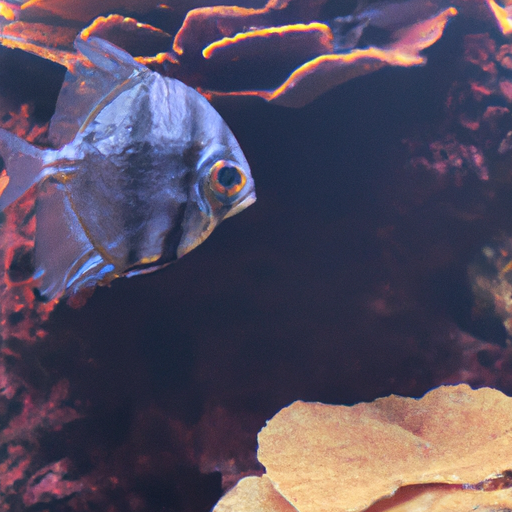-
Table of Contents
Why is marine life important to humans?

Marine life plays a crucial role in the well-being of humans and the overall health of our planet. The oceans are home to a vast array of species, from microscopic plankton to majestic whales, and each of these organisms contributes to the delicate balance of marine ecosystems. Here, we will explore the importance of marine life to humans and the various ways in which we depend on the oceans for our survival and prosperity.
Marine Life Importance
Marine life is of utmost importance to humans due to its significant contributions to various aspects of our lives. Firstly, marine organisms are a vital source of food for millions of people around the world. Fish, shellfish, and other seafood are rich in essential nutrients such as omega-3 fatty acids, vitamins, and minerals. Consuming seafood regularly has been linked to numerous health benefits, including improved heart health and brain function.
In addition to being a source of sustenance, marine life also plays a crucial role in maintaining the balance of our planet’s ecosystems. Coral reefs, for example, are often referred to as the “rainforests of the sea” due to their incredible biodiversity. These vibrant underwater ecosystems provide habitat and shelter for countless species, including fish, crustaceans, and mollusks. They also act as natural barriers, protecting coastlines from erosion and storm damage.
Furthermore, marine life contributes to the global climate regulation by absorbing carbon dioxide from the atmosphere. Phytoplankton, microscopic plants that float near the ocean’s surface, are responsible for approximately half of the world’s oxygen production. These tiny organisms not only release oxygen but also absorb carbon dioxide through photosynthesis, helping to mitigate the effects of climate change.
Human Dependence on Oceans
Humans are highly dependent on the oceans for various economic activities and resources. The fishing industry, for instance, provides employment and income for millions of people worldwide. It is estimated that over 200 million people rely on fishing and related industries for their livelihoods. Additionally, the seafood trade contributes significantly to the global economy, with billions of dollars generated annually.
Moreover, the oceans serve as a vital transportation route for international trade. Shipping plays a crucial role in the global economy, facilitating the movement of goods and resources between countries. Without the oceans, international trade would be severely hindered, impacting economic growth and development.
Furthermore, the oceans are a vast source of renewable energy. Tapping into the power of ocean currents, waves, and tides can provide clean and sustainable energy alternatives. Harnessing these resources can help reduce our dependence on fossil fuels and mitigate the negative impacts of climate change.
Sea Life Relevance
The relevance of sea life extends beyond its direct impact on humans. Marine ecosystems are interconnected and interdependent, meaning that any disruption to one species can have far-reaching consequences throughout the food chain. Protecting marine life is crucial for maintaining the overall health and balance of our oceans.
One way in which marine life conservation is essential is through the preservation of biodiversity. The loss of species can disrupt the delicate balance of ecosystems, leading to a cascade of negative effects. For example, the decline of certain fish populations can result in an overabundance of their prey, leading to the depletion of other species and the destabilization of the entire ecosystem.
Additionally, marine life has immense aesthetic and recreational value. Many people derive joy and inspiration from observing marine creatures in their natural habitats. Snorkeling, scuba diving, and whale watching are popular activities that allow individuals to connect with the beauty and wonder of marine life. Preserving these ecosystems ensures that future generations can continue to enjoy and appreciate the incredible diversity of sea life.
- Marine life provides a source of food and essential nutrients for humans.
- Marine ecosystems, such as coral reefs, protect coastlines from erosion and storm damage.
- Phytoplankton, a key component of marine life, produces approximately half of the world’s oxygen.
- The fishing industry and seafood trade contribute significantly to the global economy.
- Oceans serve as vital transportation routes for international trade.
- Marine ecosystems are interconnected, and the loss of species can disrupt the balance of entire ecosystems.
- Preserving marine life ensures future generations can enjoy the beauty and wonder of the oceans.
In conclusion, marine life is of utmost importance to humans for various reasons. From providing a vital source of food and nutrients to contributing to climate regulation and economic activities, the oceans play a crucial role in our well-being and prosperity. Additionally, the preservation of marine life is essential for maintaining the balance of ecosystems and ensuring the sustainability of our planet. It is our responsibility to protect and conserve these precious resources for future generations to come.